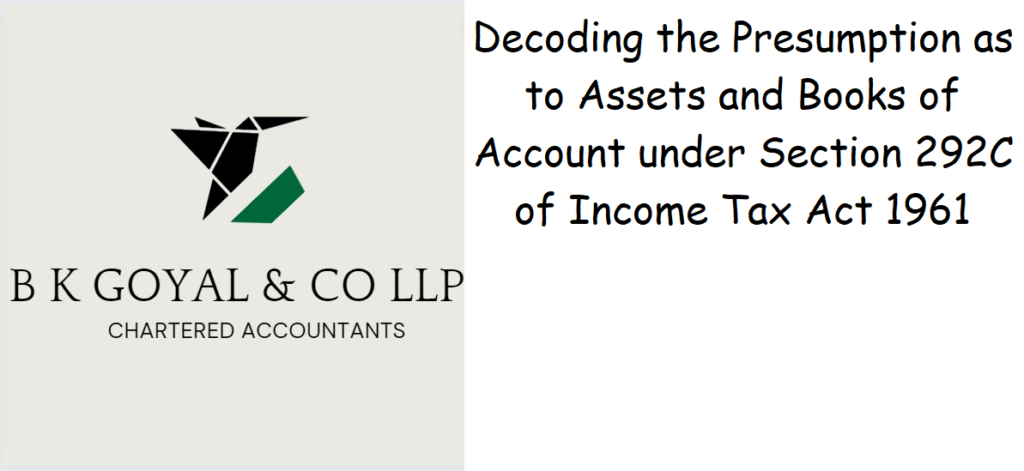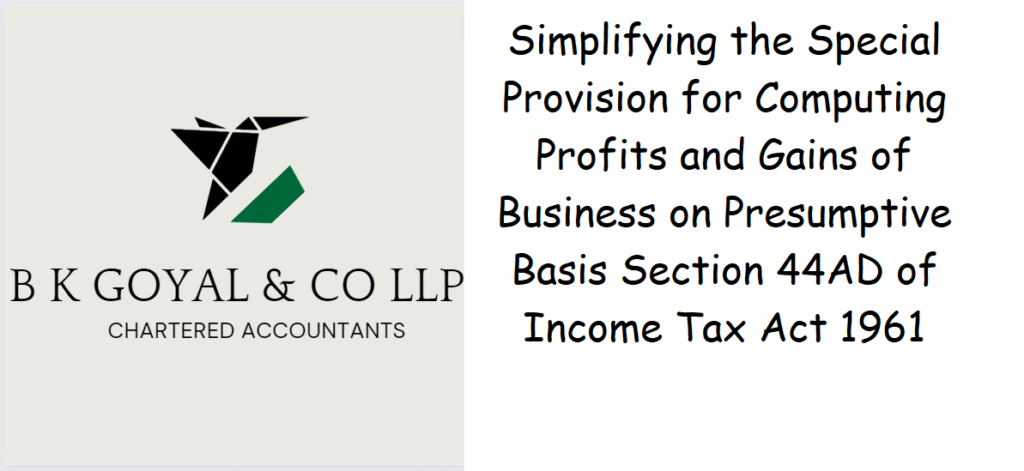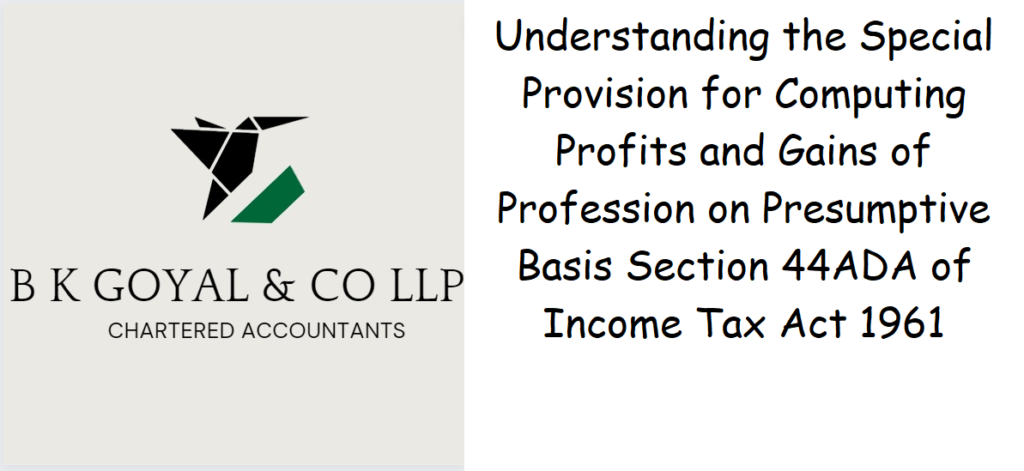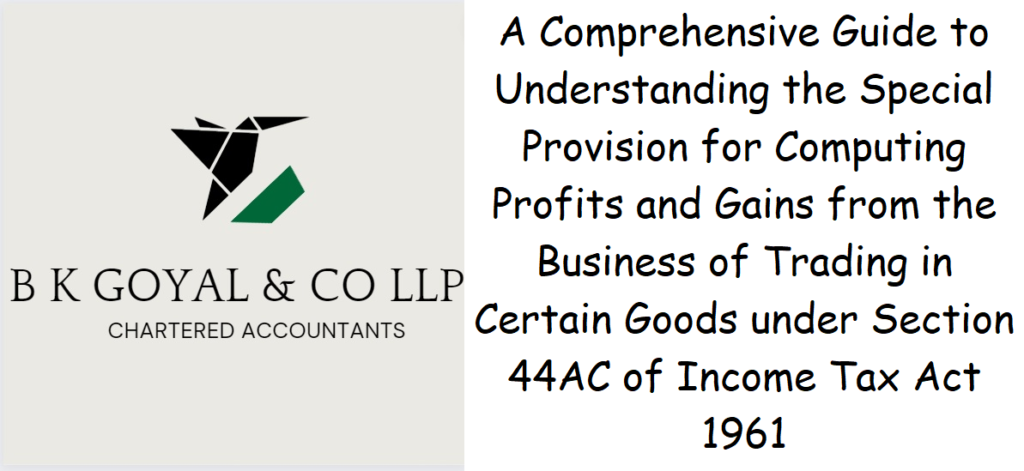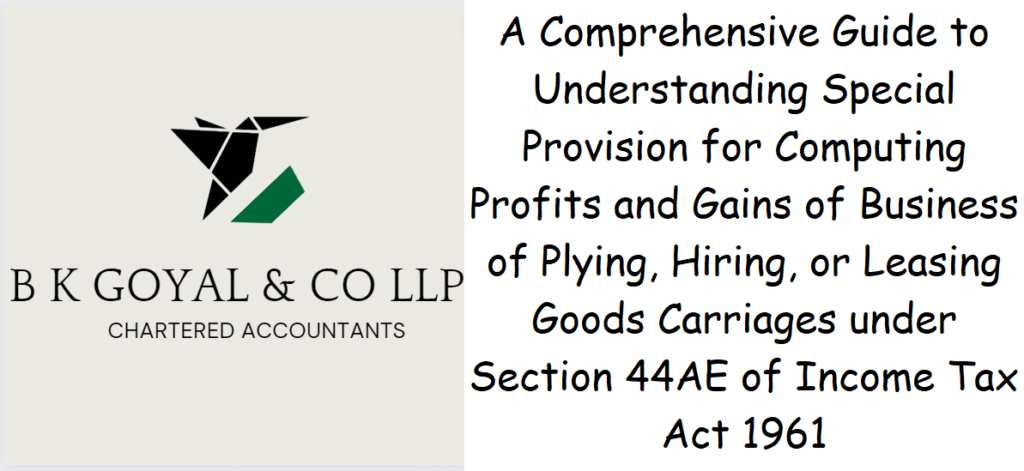The Ultimate Guide to Primary Agricultural Credit Societies (PACS)
Introduction The Cabinet cleared a plan for setting up 2 lakh Primary Agricultural Credit Societies (PACS), dairy, and fisheries cooperatives in the country in the next five years. Agriculture is the backbone of the Indian economy, and farmers are the main contributors to this sector. However, farmers often face a lack of credit facilities, making it difficult for them to invest in their farms and improve their livelihoods. To address this issue, the Indian government established Primary Agricultural Credit Societies (PACS) to provide credit facilities to farmers at affordable rates. In this blog, we will provide you with a comprehensive guide on PACS, including what they are, how they work, and their benefits for farmers. What are Primary Agricultural Credit Societies (PACS)? Primary Agricultural Credit Societies (PACS) are cooperative societies that provide credit facilities to farmers at affordable rates. These societies were established to promote rural credit and provide farmers with access to finance for agricultural and other rural activities. PACS are registered under the Cooperative Societies Act of the respective states in which they operate. PACS are formed by farmers and other individuals residing in the rural areas. The members of these societies contribute capital and manage the affairs of the society through a board of directors. PACS are governed by the principles of cooperation, which include voluntary membership, democratic control, and equitable distribution of benefits. How do Primary Agricultural Credit Societies (PACS) work? PACS provide credit facilities to farmers in the form of loans, overdrafts, and cash credits. These credit facilities are provided for various purposes, including agricultural activities, purchasing seeds, fertilizers, and other inputs, and for meeting other rural credit requirements. The process of obtaining credit from PACS is relatively simple and straightforward. Farmers who want to avail of credit facilities from PACS need to become members of the society by paying a nominal membership fee. Once they become members, they can apply for credit facilities by submitting an application to the society. The society’s board of directors reviews the application and approves it if the farmer meets the eligibility criteria. The farmer then receives the credit facility and repays it over a period of time with interest. PACS offer credit facilities at affordable rates of interest, making it easier for farmers to access credit and invest in their farms. What are the benefits of Primary Agricultural Credit Societies (PACS)? PACS offer several benefits to farmers, including: Access to credit facilities at affordable rates of interest Convenient and hassle-free process of obtaining credit Flexibility in repayment of loans Provision of other services, such as insurance and marketing facilities Empowerment of farmers through democratic control and equitable distribution of benefits Step by Step Guide to Primary Agricultural Credit Societies (PACS) Here’s a step-by-step guide on how to obtain credit facilities from PACS: Become a member of the PACS by paying a nominal membership fee. Submit an application for credit facilities to the society. The society’s board of directors reviews the application and approves it if the farmer meets the eligibility criteria. The farmer receives the credit facility and repays it over a period of time with interest. FAQs Can anyone become a member of a Primary Agricultural Credit Society (PACS)? Yes, anyone residing in the rural areas can become a member of a PACS. What is the interest rate charged by PACS for credit facilities? PACS offer credit facilities at affordable rates of interest, which vary from society to society. What are the eligibility criteria for obtaining credit from PACS? The eligibility criteria for obtaining credit from PACS vary from society to society. However, farmers who have land and other assets that can be used as collateral are more likely to be approved for credit facilities. What other services do PACS offer besides credit facilities? PACS offer a range of services, including insurance, marketing facilities, and other rural development programs. Challenges Faced by Primary Agricultural Credit Societies (PACS) While Primary Agricultural Credit Societies (PACS) have been successful in providing credit facilities to farmers in rural areas, they also face several challenges. These challenges include: Lack of adequate capital: PACS rely on the capital contributions of their members to provide credit facilities. However, many PACS face a shortage of capital, which limits their ability to provide credit to farmers. Limited outreach: Many farmers in rural areas are not aware of the existence of PACS or how to become members. This limits the outreach of PACS and their ability to provide credit facilities to a larger number of farmers. Non-repayment of loans: Non-repayment of loans by farmers is a significant challenge faced by PACS. This leads to a shortage of funds and limits their ability to provide credit facilities to other farmers. Lack of skilled staff: PACS require skilled staff to manage their affairs and provide quality services to their members. However, many PACS face a shortage of skilled staff, which affects their efficiency and effectiveness. Competition from other financial institutions: PACS face competition from other financial institutions, such as banks and microfinance institutions, which offer similar credit facilities to farmers. To overcome these challenges, PACS need to focus on improving their outreach, strengthening their capital base, and implementing effective credit recovery mechanisms. They also need to invest in training their staff and adopting technology to improve their efficiency and effectiveness. Overall, PACS play a crucial role in providing credit facilities to farmers in rural areas and promoting rural development, and efforts should be made to address the challenges they face. Conclusion Primary Agricultural Credit Societies (PACS) have been instrumental in providing credit facilities to farmers in rural areas at affordable rates. These societies have helped empower farmers and promote rural development by providing access to finance and other services. If you are a farmer looking for credit facilities, consider joining a PACS in your area. The process of obtaining credit from PACS is simple and hassle-free, and the benefits are numerous. We hope this ultimate guide to PACS has provided you with valuable information on what they are, how they work,
The Ultimate Guide to Primary Agricultural Credit Societies (PACS) Read More »
